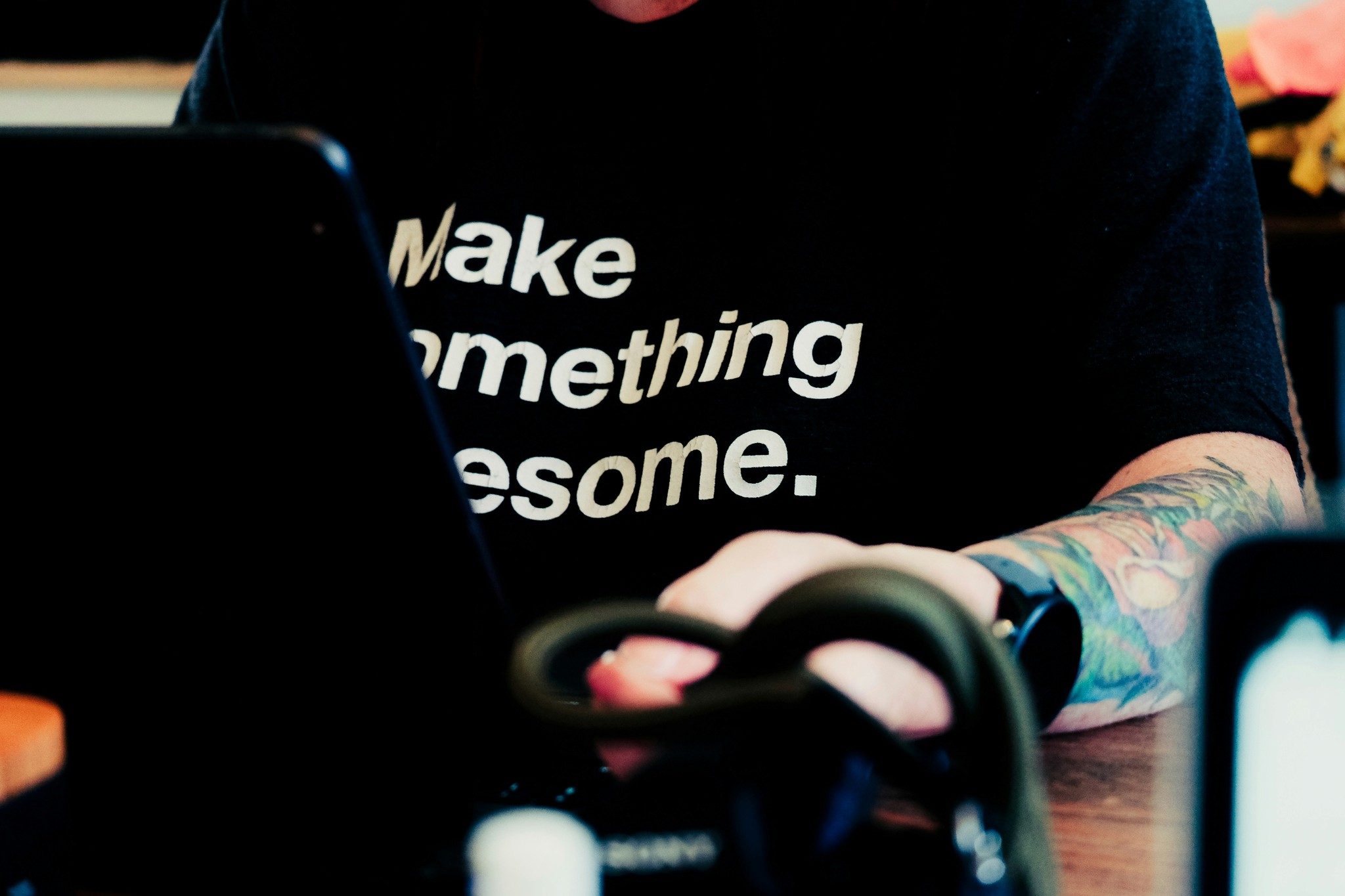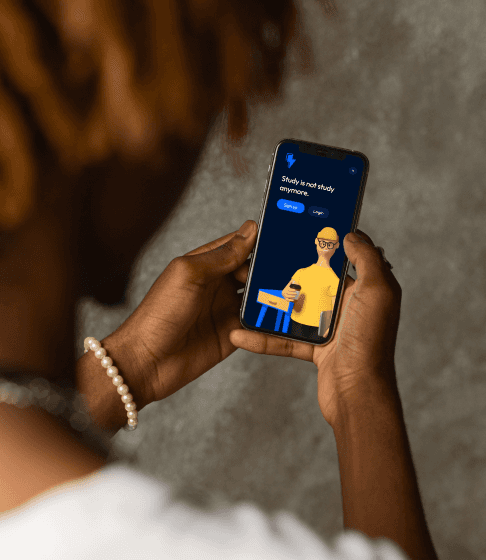Subscribe
Updated on Sep 15, 2024

The world is changing and renewable energies are at the forefront of this revolution. From solar panels to wind turbines, renewable energy sources are becoming a reality that not long ago was the future.
A simple fact: according to a report from the World Wide Fund for Nature (WWF), the global share of renewable energy increased from 17% in 2014 to 21% in 2018. However, in 2022, Earth's overshoot day has advanced to July 28th worldwide.
To clarify: when we refer to renewable energies, we mean natural energy sources that cannot be depleted over time: solar, wind, geothermal, hydroelectric, and various types of biomass. These sources can be used to generate electricity or fuels directly without burning or polluting the environment. Just what we need.
The era of self-driving cars and renewable energies.
The 21st century is often referred to as the era of self-driving cars. More than just a very visual discourse, this will soon be a widespread reality. The era of autonomous cars is also the era of renewable energies.
Although these two things are not directly related, they will be symbiotic: as gasoline cars become obsolete, they will soon be replaced by electric vehicles. This means that we will need more energy to power our electric vehicles.
The question is whether renewable energies can provide all the electricity needed. For example, a single wind turbine can produce up to 500,000 kWh of electricity per year. Assuming that a single electric car consumes about 70 kWh of electricity every 24 hours, a single wind turbine can power almost 50 cars.

Although these two things are not directly related, they will be symbiotic: as gasoline cars become obsolete, they will soon be replaced by electric vehicles. This means that we will need more energy to power our electric vehicles.
The importance of renewable energies for Generation Z.
The 21st century is often referred to as the era of self-driving cars. More than just a very visual discourse, this will soon be a widespread reality. The era of autonomous cars is also the era of renewable energies.
Although these two things are not directly related, they will be symbiotic: as gasoline cars become obsolete, they will soon be replaced by electric vehicles. This means that we will need more energy to power our electric vehicles.
The question is whether renewable energies can provide all the electricity needed. For example, a single wind turbine can produce up to 500,000 kWh of electricity per year. Assuming that a single electric car consumes about 70 kWh of electricity every 24 hours, a single wind turbine can power almost 50 cars.
Investment in renewable energies.
If we talk about Generation Z as the driving force behind a shift in energy production, we must also talk about the first genuinely digital generation. This is why Green Startups and the Energytech ecosystem are an intrinsic part of this Generation Z.
If we understand a startup as synonymous with a flexible, agile, and, to some extent, independent company from large corporate groups, the result is an unprecedented ability to quickly adapt to market needs.
As expected, renewable energy startups are leading this global change: according to a report by Cleantech Group (a global research and venture capital company), funding for renewable energies and energy efficiency increased by 83% between 2016 and 2017.
The main levels of capital investment in clean and renewable energies occurred in 2021 in China ($380 billion), the European Union ($260 billion), followed by the United States ($215 billion), according to the International Energy Agency (IEA).
With a positive trend, renewable energies are experiencing constant growth. Currently, the two cheapest clean technologies for generating new energy in many countries are wind and solar photovoltaic. This comparison was already true even before the high prices of coal and gas in 2022, so it is not just a temporary advantage.
It is precisely renewable energies, grids, and storage that represent more than 80% of the total investment in the electricity sector.
Good news for those fortunate enough to have many hours of sunlight: photovoltaic solar energy accounts for almost half of new investments in renewables. In addition, spending is equally divided between large-scale projects and distributed photovoltaic solar systems, which definitely brings investments closer to the daily and tangible reality of families.
On the other hand, wind energy is shifting towards the sea: if 2020 was a record year for onshore deployment, 2021 reversed the trend resulting in a record year for offshore wind, with over 20 GW in service and around $40 billion in expenditure.
Along with the increasing interest and investment, the number of new companies in this field is also increasing. This is expected to lead to increased competition, which in turn will provide better services at cheaper prices. All these factors demonstrate that the growth of renewable energies is on the right track. If we listen to Generation Z, this is indeed the only viable path.
Renewable energy startups: the democratization of wind and sun.
This unprecedented and determined public and private investment leaves us with some interesting cases that position themselves in the sector:
In Europe, the startup Sotysolar operates in Spain. Its value proposition epitomizes the democratization of renewables. A subscription of €60/month in exchange for the installation and maintenance of solar panels in the home for 20 years. This monthly amount is not far from the expense on content platforms such as Netflix or HBO (average of €46 per month). However, with these €60 per month, the company ensures a saving of up to 50% on the electricity bill and 85% with batteries.

The democratization would not be such if it were only possible in single-family homes: in 2021, Tornasol launched its solar panels for balconies, awnings, or facades. It is a lighter and thinner version that can be installed in homes without their own roof. It is also portable, a critical condition for a generation that lives in rentals and moves an average of 6 times throughout their life.

Another startup launched and growing in the United States is Epishine. Its product promises to make devices such as temperature sensors, humidity detectors, or smoke detectors autonomous. It operates indoors through small solar panels.

Finally, CommonEnergy is the most collaborative proposal: a marketplace where users connect to local solar energy networks and can directly save costs on their bills. They have been operating since 2017 and have managed to raise $17 million in investment to continue growing.

Conclusion
The world is changing, and renewable energies are at the forefront of this revolution. We have all the necessary ingredients for an explosive advance in this industry:
An objective need due to resource depletion.
A market that increases energy consumption year after year.
Generation Z, now in their 20s, committed to the sustainable cause.
Public and private capital radically betting on propelling this sector.
What we imagine as the future is present out of necessity, and we will witness this paradigm shift where investment, entrepreneurial initiative, and awareness design a new, greener, and more sustainable scenario.
Business Opportunities / Action Points
The identified opportunities for creating startups with value propositions adapted to each segment are:
SaaS, secondary markets for clean energy and companies in the clean energy sector for the Gen Z segment.
Millennials divided between those who own property and, therefore, have the capability to install their own self-consumption systems, and those nomads/tenants who will see any savings from solar energy self-consumption in their next rental home as a plus.
Installation of own solar panels in single-family homes for Gen Z and Boomers, offering digital contracting, subscription systems, and custom plans and prices. A proposition that should convince Generation Z to influence the decision-making process of their parents or grandparents.



